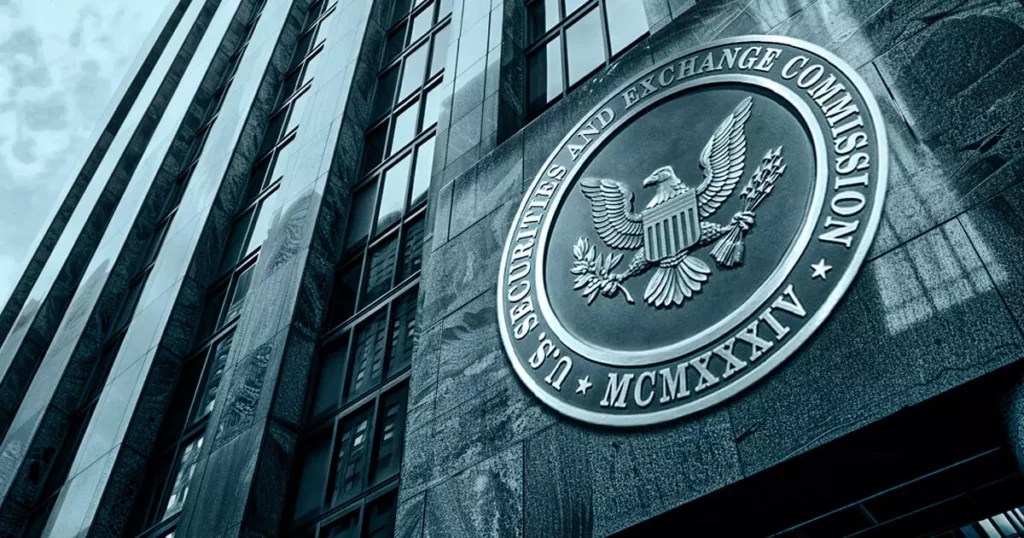The upcoming House Appropriation budget has the potential to prevent the US Securities and Exchange Commission (SEC) from implementing its controversial Staff Accounting Bulletin 121 (SAB 121). According to FOX Business reporter Eleanor Terrett, who broke the news on June 4, the budget includes a provision that would bar the SEC from using appropriated funds to enforce the rule. This budgetary measure is significant, as appropriations are instrumental in allowing federal agencies to incur obligations and make payments for specific purposes. The specific policy rider in the budget explicitly states that the SEC cannot move forward with SAB 121, which it deems to impose detrimental requirements on digital assets.
The fate of the House Appropriation budget remains uncertain as it moves through the legislative process. The bill is expected to pass in the House, given the Republican majority, with a hearing scheduled for June 5. However, challenges may arise in the Senate, where Democrats and Independents hold sway. Terrett notes that earlier Democratic support for a resolution similar to the House’s H.J. Res. 109 suggests that the Senate may retain the budget rider. Despite the opposition to SAB 121, the appropriation bill still aims to allocate $2 billion to the SEC in 2025, falling short of the $2.59 billion requested by SEC chair Gary Gensler. Furthermore, SEC commissioner Mark Uyeda has advocated for the withdrawal of SAB 121, expressing regret over President Joe Biden’s veto of H.J. Res. 109. Uyeda criticizes the SEC’s bypassing of rulemaking procedures under the Administrative Procedure Act, viewing it as undermining the regulatory checks and balances against an overreaching government.
Criticism from Within the SEC
Uyeda’s concerns are not an isolated voice within the SEC, as fellow commissioner Hester Peirce had previously voiced reservations about the procedural aspects of SAB 121. In 2022, Peirce argued that a bulletin was not the appropriate vehicle for instituting substantial changes, emphasizing the need for a more thorough and transparent process. Both Uyeda and Peirce highlight procedural deficiencies rather than disputing the substance of SAB 121 itself. Peirce even concedes that the decision may be valid but insists on adherence to proper procedures to ensure legitimacy and accountability.
Impact of SAB 121 on Financial Institutions
SAB 121 mandates that financial institutions and other entities responsible for safeguarding digital assets record these assets on their balance sheets. This accounting and disclosure requirement could lead to significant financial burdens for companies, including heightened capital and liquidity costs. The objections raised against SAB 121 underscore the potential challenges faced by businesses in complying with the new rule and the broader implications for the financial sector.
The political landscape surrounding SAB 121 has been marked by contention and conflicting viewpoints. Both the House and Senate passed H.J. Res. 109 to revoke the bulletin, culminating in the Senate’s approval on May 16. However, President Biden vetoed the resolution on May 31, citing concerns about its impact on the SEC’s authority and the welfare of consumers and investors. Biden’s decision faced pushback from various quarters, including House lawmakers and industry groups, who urged him to reconsider in light of the potential repercussions of SAB 121. The veto underscores the complexity of regulatory decision-making and the delicate balance between regulatory oversight and industry interests.



















Leave a Reply